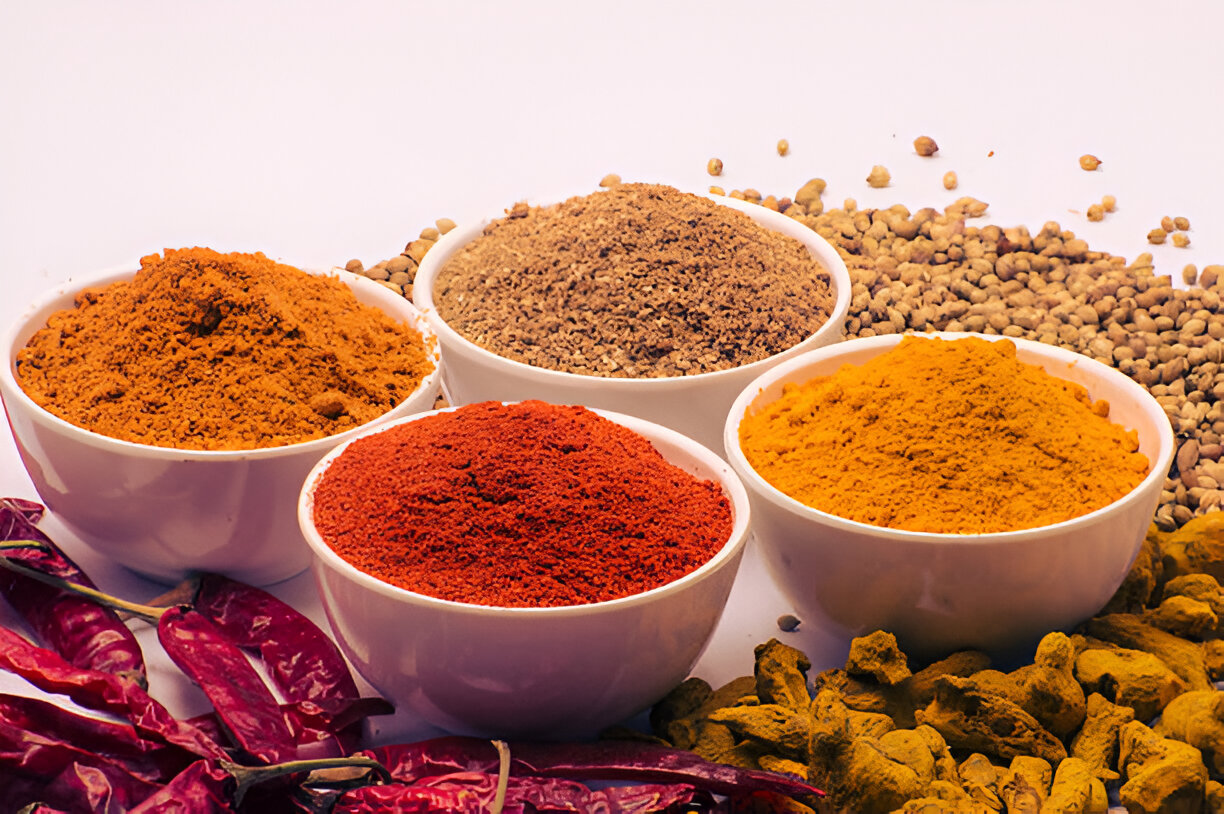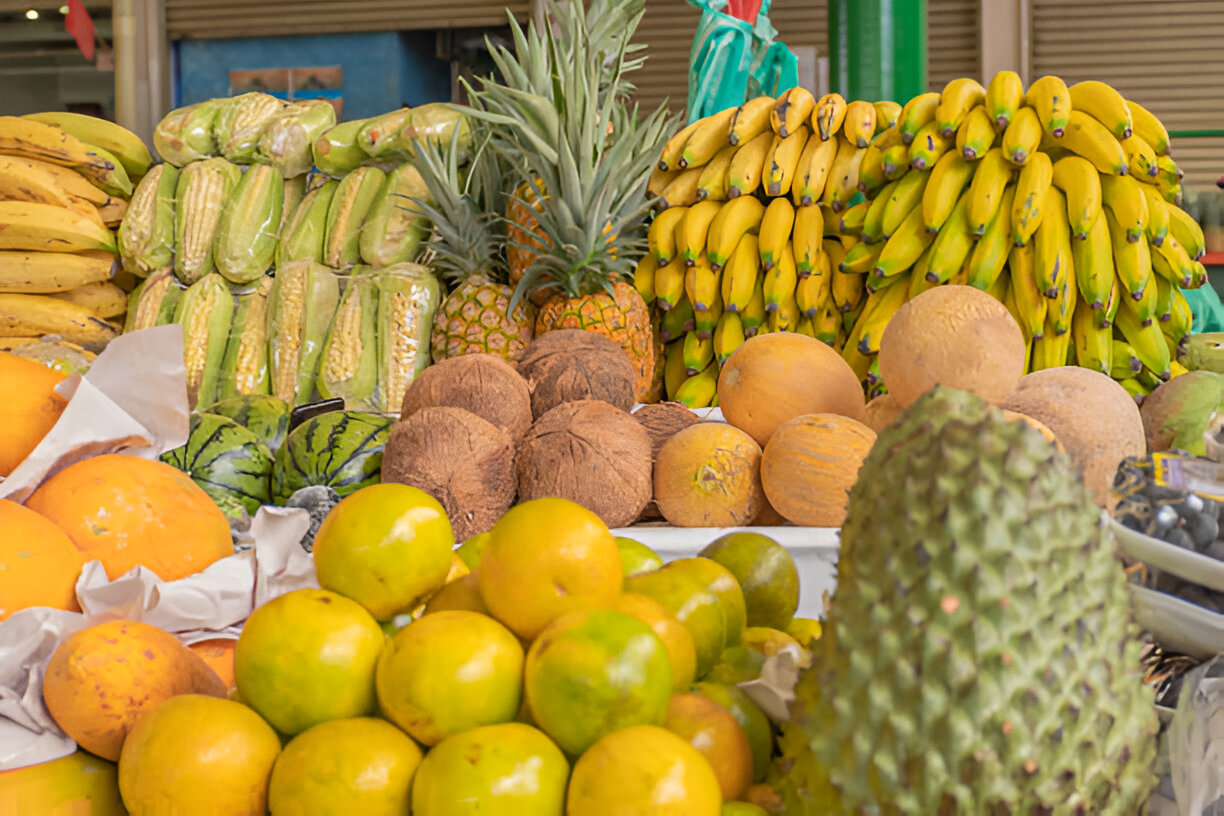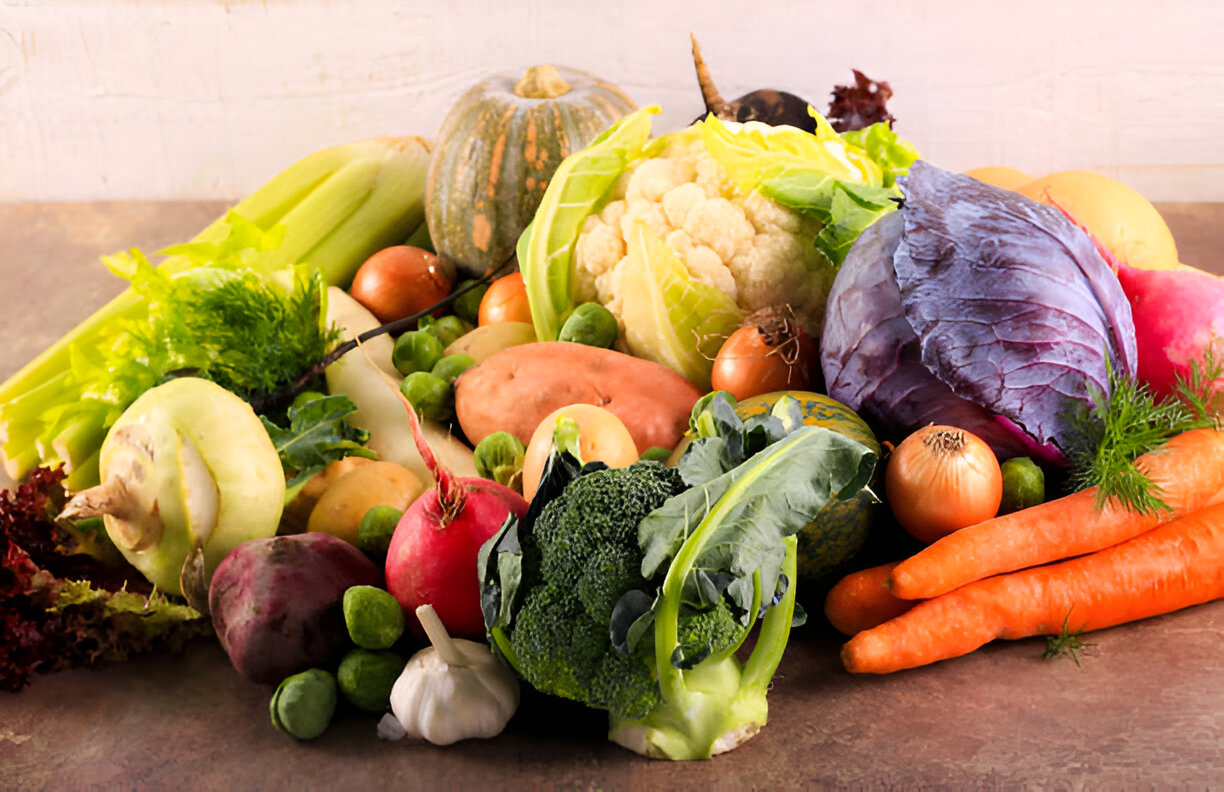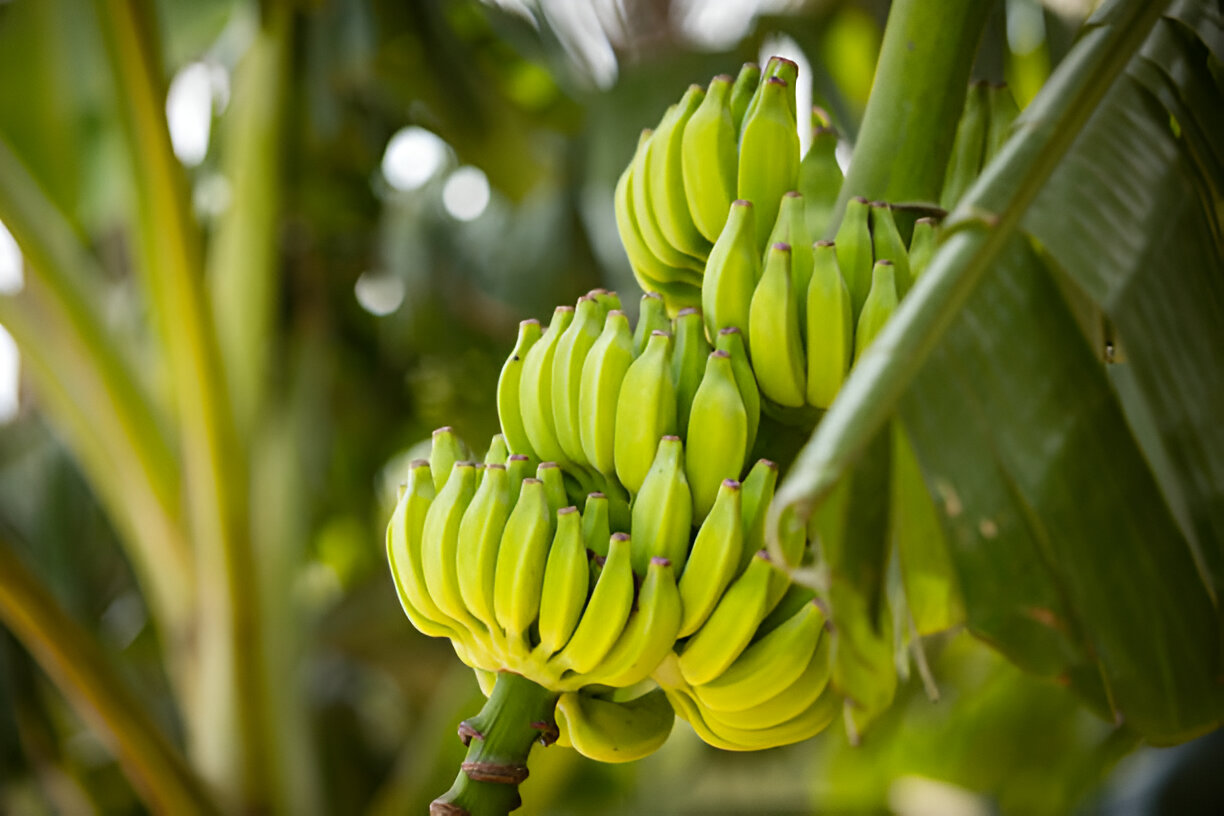India has gained a strong position as a fruit-exporting country. From bananas to mangoes, different fruits are grown in tropical and subtropical regions. However, exporters need to be highly careful when delivering fruits to different countries. The reputed fruit exporter from India knows the importance of keeping the items fresh to meet global quality standards. It is essential to ensure that fruits are optimally ripened before reaching the international market. Many Indian exporters use scientific techniques and create a controlled environment for the fruits.
Why is Fruit Ripening an Important Factor?
After harvesting the fruits for export, they are sometimes picked in a mature green or semi-ripe state. So, fruits do not become overripe or get spoiled during transit. Exporters strategically manage the ripening process to ensure consumers experience the desired taste and texture in every piece. On the contrary, improper ripening results in the loss of original flavor and spoilage. International importers will not accept the items if the fruit supplier in India does not comply with safety standards.
What Challenges Do Fruit Exporters Face?
- Longer transit may affect the ripening process. So, exporters need to store the fruits properly according to the ripening timeline.
- Temperature variations during transportation also cause premature ripening issues. Exporters should choose advanced packaging systems to avoid the risks.
- Exporters have to adjust their ripening strategies depending on consumer demands in every international market.
How Do Exporters Manage the Fruit Ripening Issues?
There are different ways to control the ripening of fruits exported to other countries.
Ethylene-based Ripening
Ethylene is a special plant hormone available in gaseous forms. It alters the color and texture of fruits, making them ready for consumption. Bananas and other fruits are often treated with ethylene. Many exporters depend on this artificial ripening process for their fruits. However, they need to monitor the process thoroughly to prevent over-ripening problems.
Manage Cold Chain
Temperature management is the most significant factor in the fruit ripening process. So, the fruit exporter from India uses well-equipped cold storage facilities to delay ripening. The cold storage units maintain freshness for perishable fruits, such as grapes. If the fruits are ripe and stored in a temperature-controlled system, they will be ready for market.
Modified Atmosphere Packaging
It is a special technique to extend fruits’ shelf life and maintain their original quality. MAP technology involves altering the gas composition inside the packaging. It increases carbon dioxide and reduces oxygen levels to slow down fruit ripening.
For active modification, experts need to incorporate particular gases into the fruit packaging. On the contrary, passive modification depends on the fruit’s natural respiration to develop the desired atmosphere.
Safe Alternatives to Calcium Carbide
Calcium carbide is effective in ripening fruits artificially. However, as this substance causes health risks, it has been banned. That is why Indian fruit exporters choose safe alternatives to achieve the same result.
Filled with ethylene gas, ripening chambers ensure the safe ripening of fruits without releasing harmful chemicals. Ethephon is another chemical that releases ethylene gas when exporters apply it to fruits.
So, these are the main ways to control ripening and provide the best quality fruits to importers. Reliable exporters know how to maintain the shelf life and ripeness of fruits. It lets them meet international regulations in the target market.
Contact White Feather Export to Buy Fruits
White Feather Export is a top-rated company that manages the fruit ripening process. We sell fresh fruits and transport them to the destination in optimal condition. Our professionals implement advanced quality control techniques for our fruits and vegetables.




